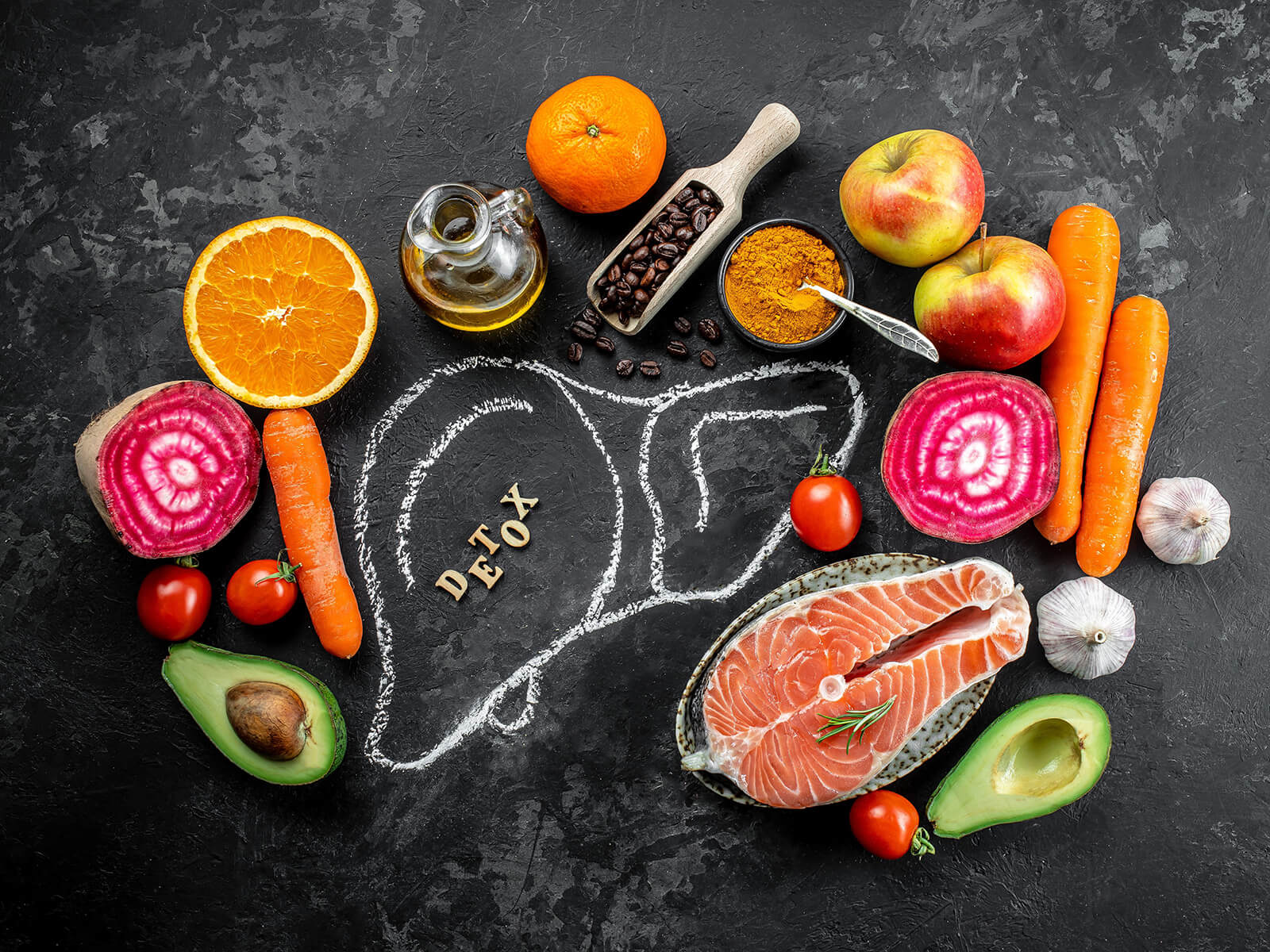
Fatty liver or hepatic steatosis is a condition that develops as a result of an accumulation of fat in liver cells when it becomes too much. It may start with mere fat deposition to the NASH (non alcoholic steato hepatitis) and ME soon 601 fatty liver disease ICD 10 code K76.0 NAFLD. In GastroDoxs, your reliable gastroenterologist in Houston, we perform fatty liver ultrasounds and professional analysis to detect it in the early risk stages whether it is alcohol-related (AFLD), metabolic (NAFLD) or the uncommon acute fatty liver of pregnancy.
Fatty liver may not show any symptom at the initial stages. With progressive condition, you may experience:
There are a number of things that expose you to the risk of getting a fatty liver:
GastroDoxs is the primary fatty liver specialist in and around Houston that provides patients with a personal approach to treating fatty liver. Maintenance of fatty liver and liver ultrasound recommended to identify and measure hepatic steatosis Grader of fatty liver faces Practicing the most recent fatty liver disease ICD-10 criteria Our board-certified gastroenterologist based in Houston deploys the most modern fatty liver ultrasound to detect and measure hepatic steatosis and reverses the symptoms of the so-called fatty liver face using specific lifestyle and nutrition programs. Individualized diet and exercise coaching and considered follow-up will ensure you reverse fatty liver and keep the liver healthy in the long term.
Wait-to-Schedule your appointment with GastroDoxs now and experience the first steps towards having a healthier liver!
We've successfully treated more than 9K patients, helping individuals improve their digestive health and overall well-being through expert, personalized care.
With over 20 years of experience, GastroDoxs has been a trusted provider of gastroenterology care, focusing on delivering the best outcomes for patients
The ICD-10 code of non-alcoholic fatty liver disease (NAFLD) is 76.0. In the case of alcoholic fatty liver disease (AFLD), one may find different codes that range between K70.0-K70.4 depending on the stage and complications.
Yes. Many patients can are able to reverse fatty liver without a lot of medication and achieve normal liver functions with the help of targeted lifestyle changes such as a balanced diet, exercise and treatment of other related conditions, including diabetes and cholesterol.
The personal progress of most individuals starts to be observed after 3-6 months with the help of a regular regimen of healthy nutrition, weight reduction, and exercise. Different results can differ depending on the severity of fat accumulation and support of recommendations.
Fatty liver ultrasound is a non-invasive medical examination performed by employing sound waves to examine the quantification of the fat, inflammation or scarring on the liver. At GastroDoxs in Houston, high-resolution fatty liver ultrasounds are offered to check on the state of your liver in the course of time.
Some of the recommended food choices are leafy greens, whole grains, lean protein (chicken or fish), healthy fats ( olive oil and nuts), and low-sugar fruits. These options aid in slimming, and they assist in fat loss among the liver.
Fatty infiltration in the liver is defined as the excessive accumulation of fat in the liver. It is the feature of non-alcoholic and alcoholic fatty liver disease and may result in inflammation or fibrosis when untreated.
Presently there are no fatty liver disease-specific medications approved by the FDA. Nevertheless, the treatment of some supplements or drugs (e.g., vitamin E, pioglitazone) generally is an off-label one, which needs strict instructions by a fatty liver specialist.
Other people notice puffiness or swelling in the face- commonly referred to as fatty liver face. This is owing to movement of fluid and minimal inflammatory response rather than a presence of fat deposits in the faces.
Through early detection, consistent follow-up and good lifestyle choice, a majority of the fatty liver disease patients will have a normal life. Intervention on time avoids cirrhosis or other complications.
The GastroDoxs in Houston focuses on liver globulonephritis. Complete fatty liver ultrasounds, custom tailored-diet, and continued care are provided by our board-certified gastroenterologists. Get a scheduled date with one of the best specialists of the fatty liver in the Houston region.